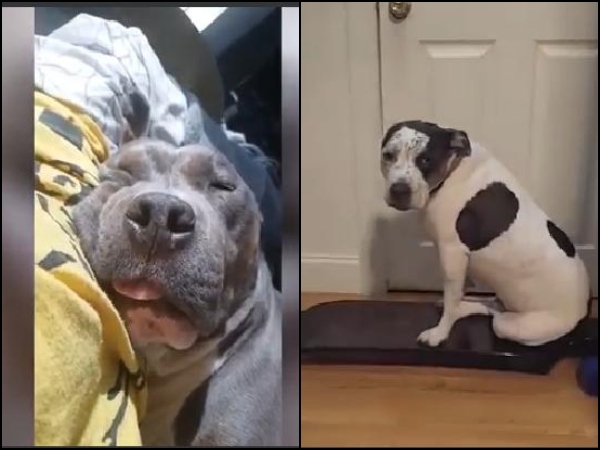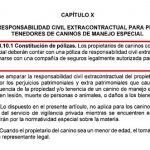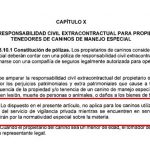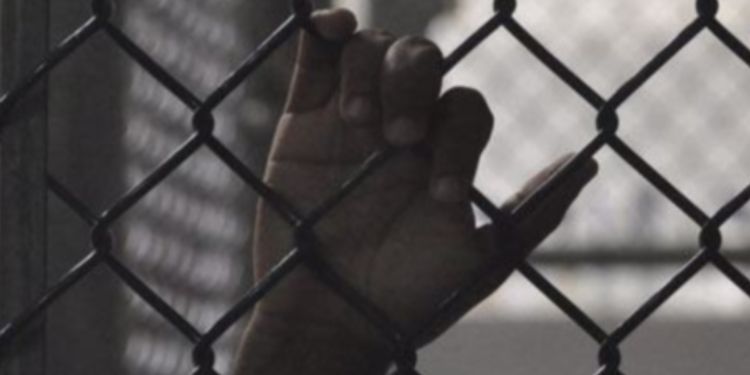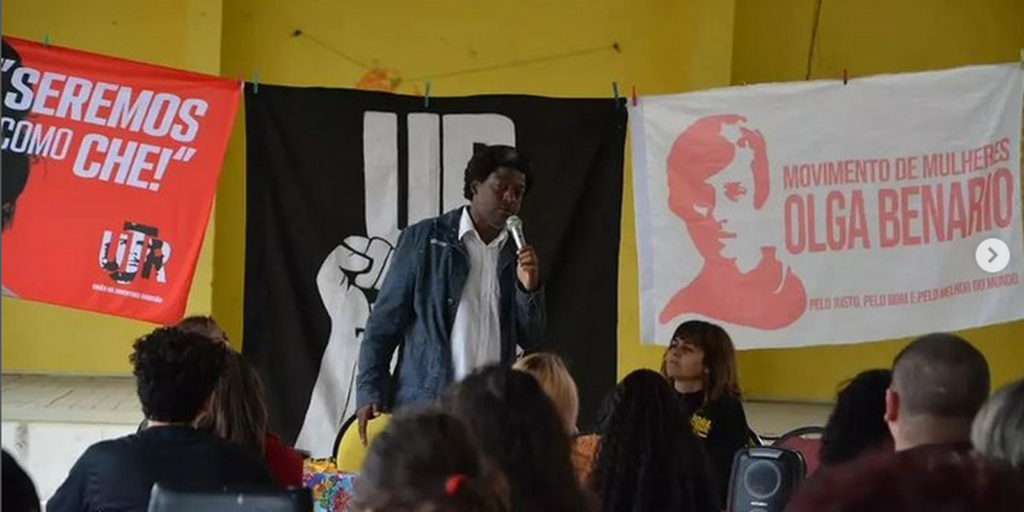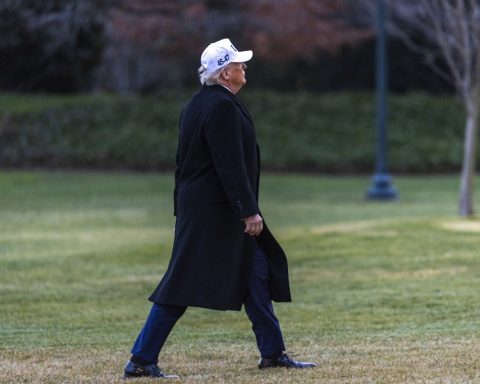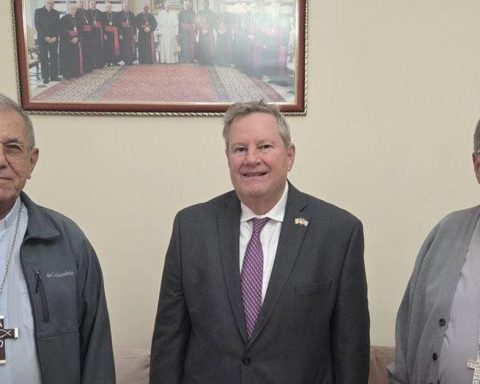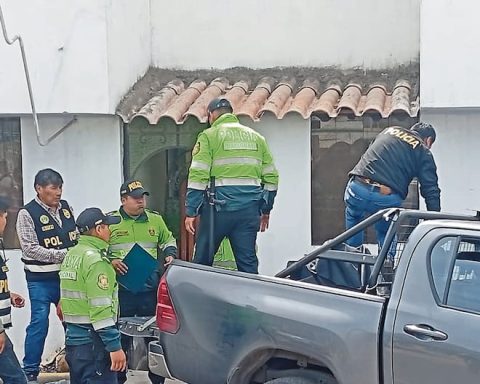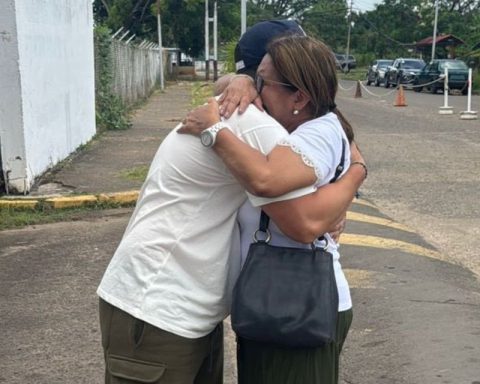Animal activists in Valle del Cauca seek that this “non-contractual civil liability policy” contemplated in Decree 380 of March 16, 2022, which comes into force this Friday, September 16, and requires paying up to $400,000 to “caregivers, holders, foundations and hostels” be repealed.
Colombia News.
From this Friday, September 16, Decree 380 of March 16, 2022 comes into force, which was signed by the Government of today’s former President Duque and which seeks that owners of Canines considered “special handling” or dangerous have extra-contractual civil liability policies.
With this, according to the decree, it is sought «protect the non-contractual civil liability of the owner or holder of the canine, for the patrimonial and extra patrimonial damages caused to third parties«.
That is, cases in which there are injuries, «death of people or animals, or damage to third party property«.
Policies must be purchased “with a legally constituted company”
The decree excludes dogs that serve in private security
In its paragraph 1, for example, the decree explains that «does not apply to canines used in the provision of private security services«, however, «while they are in service», since «they will be governed by the special regulations on the matter».
Costs of these policies
The decree specifies that the minimum insured value and validity of the policy “may not be less than fifty (50) current monthly legal minimum wages (SrvlLMV) per canine.”
What for many in the country is “an outburst.”
Animal activists in Cali seek annulment
In Valle del Cauca, for example, through a Simple Nullity Control Means, animal rights activists, among whom is Councilor Terry Hurtado, seek that the Council of State annul the decree in question.
In which the payment of “non-contractual civil liability” policies is established, which They range from $120,000 to $400,000«.
For the Valle Animalista Movement, it is a decree that states «vulnerability to special handling canines«.
Also violating:
“Fundamental rights of their caregivers or those responsible, would affect shelters and non-profit entities that fulfill state responsibility for animal protection and would generate additional expense for local administrations that have special handling specimens under their care.”
They add that little is understood about said regulations that begin to govern this Friday, September 16, since in «Colombia, 51% of the population is in monetary poverty or in extreme monetary poverty«.
Therefore, “it would be incapable of paying any additional price for living with its special handling companion animal, even more so, when the rise in food reaches 24%, which even makes it difficult for people living with a minimum wage.
Also read:
Certificate for animals, the Project was approved in the first debate
A mess for foundations and hostels
Hurtado adds that the decree would create serious problems for foundations, shelters and temporary homes.
- “These non-profit organizations they would not be able to pay for a policy of this typesince today they work with their nails».
- “In all the shelters that we have been able to survey, they tell us that they do not even have 50% of the monthly budget they need to function, in such a way that the Decree creates an additional barrier for the protection of these animals, many of which are who are rescued from street conditions”.
They consider special management or ‘dangerous’ breeds:
- bullterrier
- pit bull terrier
- american pit bull terrier
- staffordshire terrier
- bullmastiff
- doberman
- Argentine Dogo
- Dogue de Bordeaux
- brazilian row
- Neapolitan mastiff
- canary dam
- rottweiler
- Japanese tosa – their hybrids and/or crosses.
Likewise, those that have caused aggression to other animals, and those trained for attack and defense, are considered special handling canines.
The situation is worrying
For Patricia Dosman of Animal Connection, the most critical point is for shelters that “welcome and protect animals of special handlingmany would not have the ability to cover the value of the policy, like the families that have adopted.
Likewise, he says that there was no previous pedagogy, neither to families nor shelters that today have special condition dogs.
That is why they fear that one of the phenomena that can occur is that once the authorities start with the control interventions, many animals end up abandoned.
Animal activists in Cali seek annulment:
